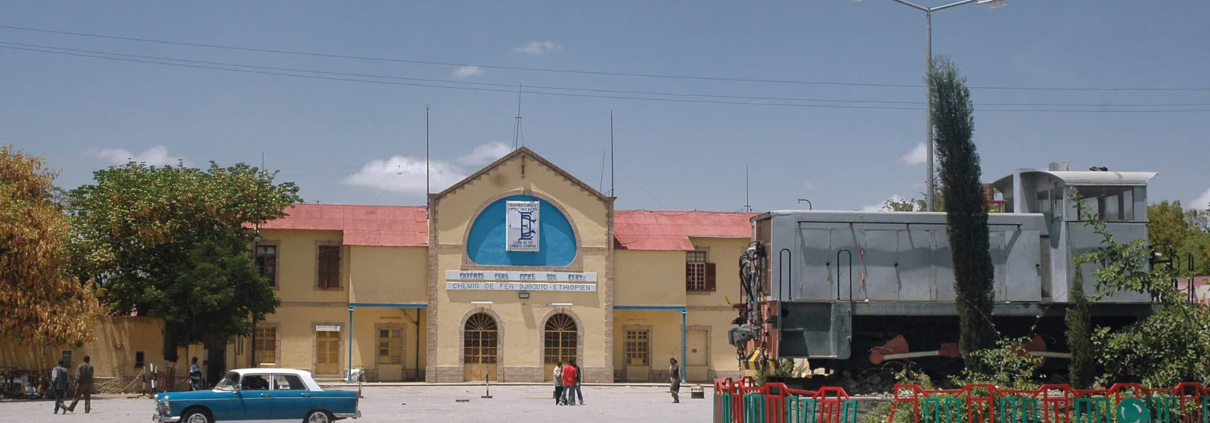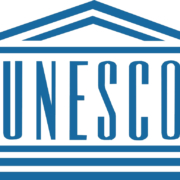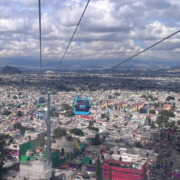Building Digitally Enhanced Learning Environments in Dire Dawa Primary Schools
By Jay Manzano
As a graduate student pursuing a master of urban planning degree, my participation in Engineers Without Borders & the Engineering a Better World, UCLA initiative proved to be an enlightening and transformative experience. The project’s core objective was to address crucial issues concerning sanitation infrastructure and educational opportunities at two primary schools in Dire Dawa, Ethiopia. Engineers Without Borders (EWB) set out to design a functional and practical latrine system to address concerns regarding the inadequacies of the current lavatory facilities. Building on this objective, the responsibilities that I took on focused on identifying strategies to address some of the educational disparities brought to light by the COVID-19 pandemic. In this way, my main contribution to Engineers Without Borders involved mapping out a plan for the introduction of digital learning tools at two Dire Dawa primary schools.
The COVID-19 pandemic significantly disrupted traditional in-person education globally. Schools around the world were compelled to transition to digital learning in a swift and unprecedented manner. In light of this context, two primary schools in Dire Dawa, Ethiopia, including a Target school managed by the University of Dire Dawa, reached out to Engineers Without Borders (EWB) for support. They were enthusiastic about seeking guidance on best strategies for building a digital learning infrastructure at their schools, but expressed some genuine concerns about teachers’ willingness to embrace digital integration in the classroom. The administrators believed some educators might be reluctant to adapt to something “new” and might dismiss digital learning as merely an additional burden.
In this way, I soon learned that in order to be the most efficient in my role, I would need to strike a fine balance with incorporating global insights into the local conditions, beliefs, and attitudes in Dire Dawa primary schools. Additionally, I also learned about the vital role that transparency and open discussions play in any project’s elaboration. I delved into a variety of information sources, including primary materials, field notes, academic literature, news media, and worked to efficiently synthesize this information. Most importantly, I learned to provide constructive feedback and recommendations strategized around the short-term and long-term challenges present in Dire Dawa primary schools.
For example, in addressing the valid concerns related to teacher buy-in and acceptance, I recommended an initial integration of technology, such as a radio, television, or desktop computer, into the newly established teacher’s lounge. I proposed that this strategic move could serve as a substantial, if not seemingly innocuous, first step in fostering teacher acceptance and enthusiasm. The idea was to set a positive tone for the presence of technology within the school environment, framing its use as a beneficial tool for both students and teachers.
In the end, participating in this project report with Engineers Without Borders was a valuable experience for me. It not only broadened my horizons but also deepened my understanding of global and regional perspectives that were previously unfamiliar to me. Ultimately, I am pleased to have contributed to such a multifaceted organization, and I believe this experience vividly exemplifies how a synergy of engineering, technology, and public affairs has the potential to bring about positive change.

 “Dire Dawa | Ethiopia, Map, & Facts.” Encyclopedia Britannica, 20 July 1998, www.britannica.com/place/Dire-Dawa.
“Dire Dawa | Ethiopia, Map, & Facts.” Encyclopedia Britannica, 20 July 1998, www.britannica.com/place/Dire-Dawa.





